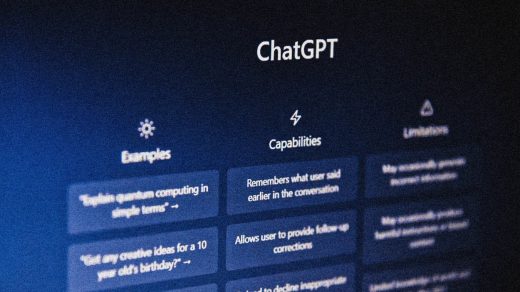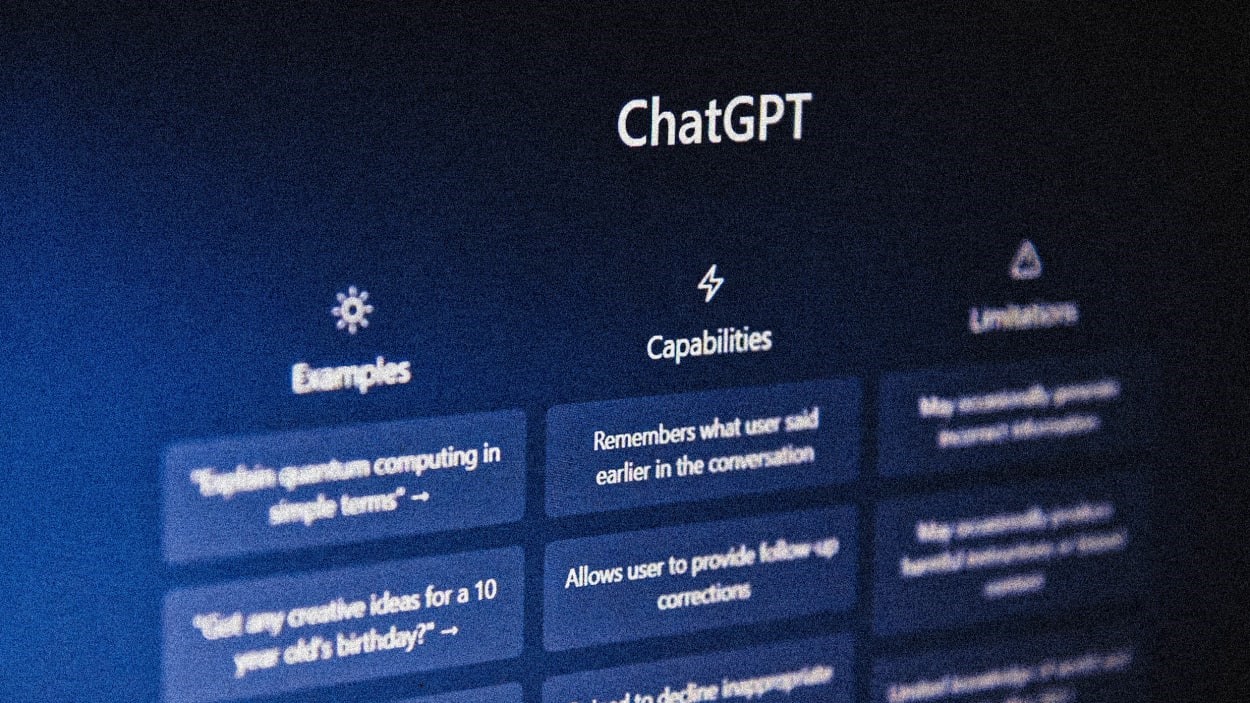How to make your own ChatGPT chatbot
This article is republished with permission from Wonder Tools, a newsletter that helps you discover the most useful sites and apps. Subscribe here.
ChatGPT now lets you create new AI bots. If you have a paid subscription you can make your own bot for specialized tasks or search the ChatGPT store for others’ creations. Read on for useful bots and steps to make a new one.
Notable bots to try
Sketchy: Name any object, nature scene, or whatever else you’d like to see and get an image in a gorgeous hand-drawn black and white ink style.
Logo Creator: Get a quick custom logo. Answer a few multiple choice questions and provide whatever info you’d like about the style you’re aiming for.
Photo feedback: Upload any photo and get fast free feedback from a specialized bot trained on books and 5,000 blog posts by Ratcliff, an expert photographer.
AskEllyn about breast cancer: Breast Cancer impacts 1 in 8 women in their lifetime; 2.3 million women a year are diagnosed globally. Developed by a survivor, AskEllyn focuses on helping cope, not offering medical advice.
Pet help: Pose veterinary questions. Get AI-generated answers vetted by a live, verified veterinarian for free. You can then optionally pay a fee to follow-up with a live professional.
Other bots worth trying: make diagrams, create with Canva, get research help or learn from Khan Academy’s Code Tutor.
How to create a custom ChatGPT bot
Step 1. Define a purpose. Describe what you want the bot to do.Be clear, specific and brief. I said I wanted a bot that summed up creative works in six words.
Step 2. Pick a name + image. ChatGPT will propose a name and image for the bot based on your description. You can change these now or later.
Step 3. Refine your bot Answer ChatGPT’s questions about whether you’d prefer the bot to interact with a professional or casual tone, and whether it should ask for clarifications or guess the user’s intent. Tell the bot if there are topics it should avoid. You can optionally upload a how-to document or other reference to help power the bot.
Step 4. Test and launch. Sample your new bot. See how it responds to queries. Tweak as necessary. Make the bot available to others, or keep it private.
Bots I’ve created
Lesson Planner Pro: Get help planning a class. Share your topic and context. The bot generates a draft lesson plan you can refine.
Syllabus Maker Pro: Describe your subject matter and course goals. The bot generates a draft syllabus you can customize. Or upload an existing syllabus for suggested refinements.
Writing Feedback Pro: Paste in text or upload a document, then specify what input you’re seeking, whether grammatical, stylistic or whatever else.
Caveats
Privacy: Be careful with private data you give a custom bot. OpenAI may use what you submit to train its models. To avoid that, adjust your privacy controls.
Cost: Creating and using custom bots requires a ChatGPT Plus subscription, which costs $20 monthly. Poe is a free alternative.
This article is republished with permission from Wonder Tools, a newsletter that helps you discover the most useful sites and apps. Subscribe here.
(20)



